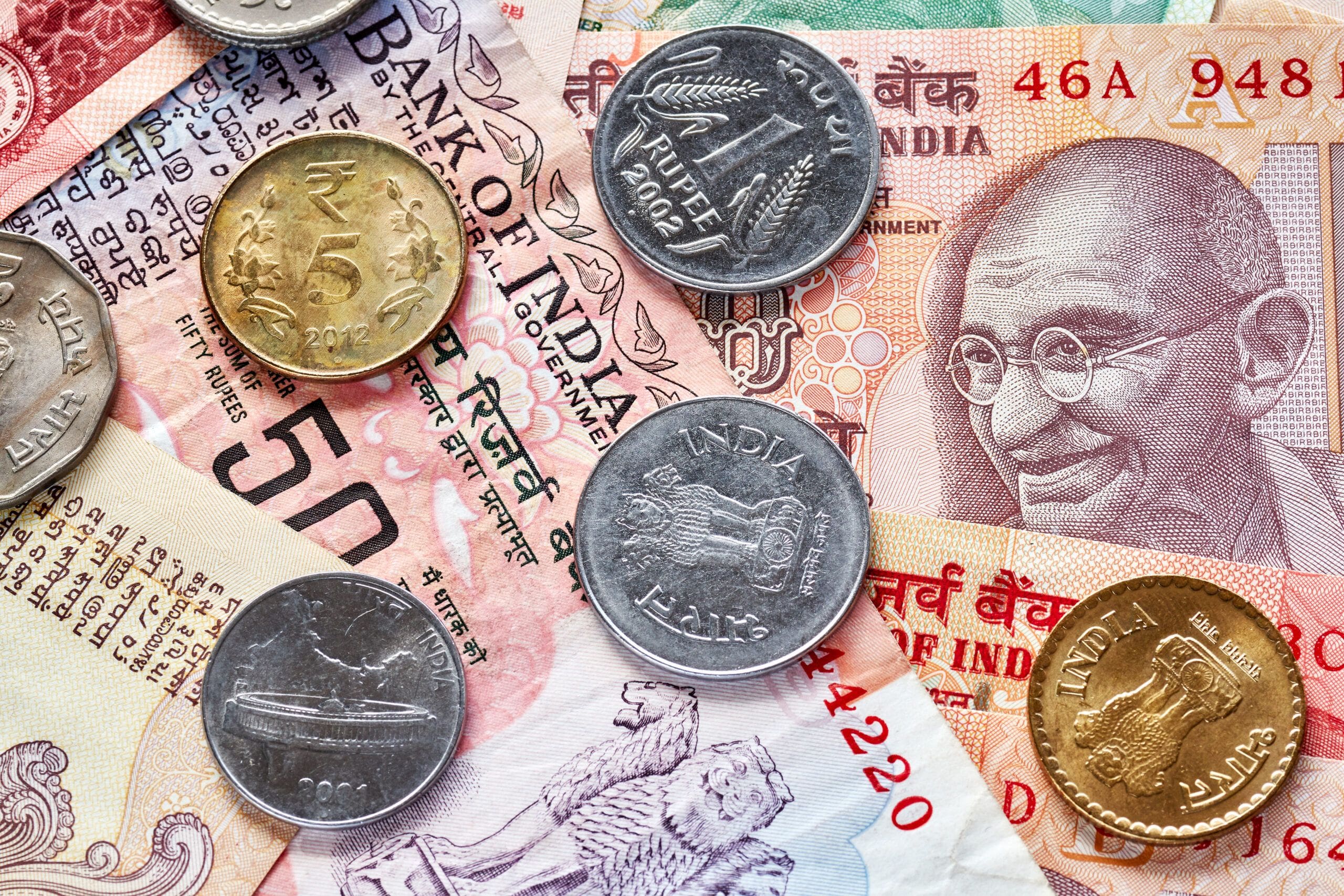See original post.
A REPORT commissioned and released by the Economic Advisory Council to the Prime Minister (EAC-PM) has suggested that the Government should launch a guaranteed employment programme for the urban unemployed and roll out a universal basic income (UBI) scheme to reduce income gaps.
Citing the “skewed nature” of income distribution in the country, the report also recommended steps to raise minimum income and more government spending on the social sector to make vulnerable sections immune to sudden shocks” and “stop their descent into poverty”.
The report, titled “The State of Inequality in India” and prepared by the Gurgaon-based Institute for Competitiveness, was released on Wednesday by EAC chairman Bibek Debroy.
“Looking at the difference between the labour force participation rate in rural and urban areas, it is our understanding that the urban equivalent of schemes like MGNREGS that are demand-based and offer guaranteed employment should be introduced so that the surplus-labour is rehabilitated,” it said.
According to the report, raising minimum income and introducing universal basic income are some of the recommendations that can reduce income gap and ensure equal distribution of earnings in the labour market.
“Most importantly, the Government must allocate more percentage of the expenditure towards social services and the social sector to make the most vulnerable population resilient to sudden shocks and stop their descent into poverty,” it said.
The EAC-PM noted that the most important aspect of measuring poverty in a multi-dimensional context requires mapping the mobility in and out of poverty.
Citing the results of the three rounds of the Periodic Labour Force Survey (PLFS), the Council noted that in the three years to 2019-20, “excepting for very marginal changes”, the top 1 per cent of population held 6-7 per cent of the total income earned, while the top 10 per cent held a third.
Over the three years to 2019-20, the share of the top 1 per cent of the population in the country’s total income increased from 6.14 per cent to 6.82 per cent.
It said that though there was marginal decline in the income share of the top 10 per cent from 35.18 per cent in 2017-18 to 32.52 per cent in 2019-20, this hasn’t resulted in increased salaries of the bottom-most population. “…The top 1 per cent grew by almost 15 per cent between 2017-18 to 2019-20, whereas the bottom 10 per cent registered a close to 1 per cent fall (in their income share),” it said.
Speaking at the release of the report, Debroy said that “in India, we have never had comprehensive data and we will never have data measuring income inequality”.
“The closest was NCAER data many years ago but one was very sceptical of that despite it being NCAER. What we do have and what we should have is data on distribution of consumption expenditure. Unfortunately, it’s the case that the last comprehensive NSS data on consumption and expenditure is for 2011-12. And we have had nothing after that. In all probability another consumption expenditure round will start this year. But we will not have processed data till the end of the year,” Debroy said.
“In the absence of data on consumption expenditure, a clear articulation of the poverty line, obviously we do not know what poverty numbers are, everyone jumps into the bandwagon. All kinds of people do some kind of extrapolation on the basis of 2011-12 data, on the basis of some assumed Tendulkar poverty line and come up with all kinds of estimates… The only data which can be used now is PLFS which is what this report mostly uses,” he said.
The call for a UBI scheme could revive the debate on ways to address growing income inequality. The idea was endorsed by former chief economic advisor Arvind Subramanian in the Economic Survey for FY17 in place of subsidy transfer. The survey had assumed a quasi-universality rate of 75 per cent (of all beneficiaries). Subramanian had calculated the economic cost of the UBI at 4.9 per cent of GDP.
However, later that year, then Union finance minister, the late Arun Jaitley, said that while he was supportive of the idea, it might not be politically feasible in India.
“We will be landing in a situation where people will stand up in Parliament and demand continuation of the present subsidies and over and above that (UBI)…,” Jaitley had said.
Subsequently, the International Monetary Fund in October 2017 endorsed the idea of India launching a fiscally-neutral UBI scheme by eliminating food and fuel subsidies. In January 2019, then Congress president Rahul Gandhi had pledged to roll out UBI if his party was voted to power.
The latest report called for hiking minimum income and ensuring better distribution of earnings in the labour market.
“Looking at the difference between the labour force participation rate in rural and urban areas, it is our understanding that the urban equivalent of schemes like MGNREGS that are demand-based and offer guaranteed employment should be introduced so that the surplus-labour is rehabilitated,” it said.





















